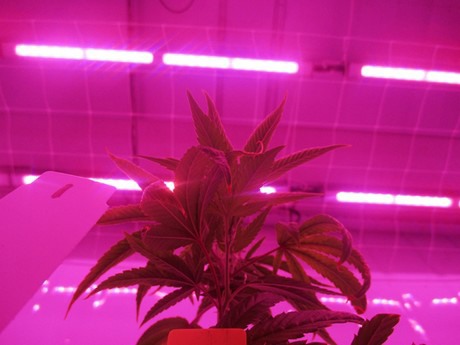Governments, companies and investors in Europe are preparing for various tenders for the cultivation of legal cannabis or are already working on this. Cultivation is often subject to stringent requirements in terms of production, the quality of the end product and the management of the entire chain in this strictly regulated market. Consumers and patients are very critical about the origin and production method of a product or crop. Governments are also tightening their rules on medicines and foodstuffs under pressure from public opinion.
The companies that have hands-on experience in Europe in building, growing and organizing legal cannabis cultivation can be counted on one hand.

Eric Uleman, director of CannNext, says: "CannNext conducts innovative research for medicinal applications and we have gained a lot of experience in our own licensing process. In conversations we have with international organisations, you notice that many aspects have not been thought of or have been underestimated. There will be a large number of slowdowns in projects for this reason, or they will not come about, I expect. An example is that there is a plan that is derived from another type of cultivation and it is thought that a cannabis plant is the same as a tomato plant. Optimistically, one wants to start with a few thousand cuttings, while there is actually little knowledge about the cultivation. Or it is forgotten that according to the regulations, everything has to be strictly registered. Furthermore, it is often expected that local authorities know exactly how projects are progressing, but people do not realise that this is often new to them as well, which means that conversations do not take place as quickly as you might hope. Quality control also plays an important role and requires frequent testing, while of course you cannot just send samples across the border to a laboratory. Lately we are increasingly helping involved consultants such as accountants, lawyers, financiers and other professionals with substantive knowledge through workshops or personal guidance. Local authorities often have questions about how they can better manage such processes.”
CannNext facility
The facility is very environmentally friendly because almost all the water is reused in contrast to many traditional crops. Of course, no chemical crop protection is used in the cultivation of the medicinal product. Cultivation takes place in a completely closed climate system under controlled conditions, with all odours being filtered out. The company carries out research for international companies and organisations that specialise in research into content.
For more information:
CannNext
Gondel Building, Gondel 1
1186MJ Amstelveen, the Netherlands
info@CannNext.com
cannnext.com
